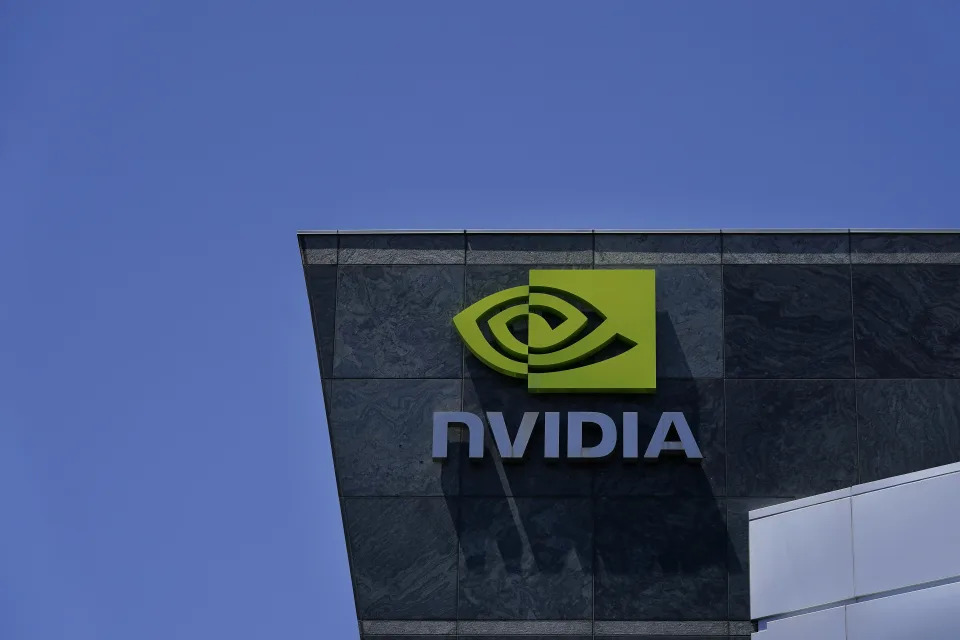Nvidia stock slides amid AI spending slowdown fears, increased competition
Nvidia stock ( NVDA ) sank 1.2% Tuesday, continuing its downward spiral as investors grow cautious that the artificial intelligence spending that has fueled its rise could ease or spread to rivals.
Shares of the AI chipmaker are down roughly 12% from their record-high closing price of $148.88 in early November.
Nvidia made a swift ascent to the top, from a graphics card company primarily used for video games to the world’s leading supplier of AI chips, as Big Tech goes all-in on generative artificial intelligence. In 2024, it traded places with Apple ( AAPL ) as the world’s most valuable company, and in early November, it replaced the once-dominant Intel ( INTC ) in the Dow Jones Industrial Average ( ^DJI ). Wedbush analyst Dan Ives said in a note last week he expects Nvidia’s market cap to surpass $4 trillion in 2025.
But following its record close in November, Nvidia shares began to fall after commentary from Microsoft ( MSFT ) and Google ( GOOG ) indicated that their AI spending will grow at a slower pace in the future. Rumors of overheating with its latest Blackwell AI servers stoked fears of further delays to the production ramp up, sending shares down even more . Even Nvidia’s most recent blowout earnings report , which surpassed bullish analysts’ already high expectations , did little to help the stock's trajectory.

Adding to Nvidia’s troubles, China’s competition authority last week said it has launched an antitrust probe into Nvidia’s $7 billion acquisition of networking technology company Mellanox.
Meanwhile, the competition is heating up. Amazon ( AMZN ) in early December said it’s building a supercomputer with its new servers and its own Trainium AI chips — which it’s hoping can become a viable alternative to Nvidia . Broadcom ( AVGO ) said in its most recent earnings report that deals with hyperscalers to supply its custom AI chips called XPUs will bring in as much as $90 billion over the next three years — sending the stock soaring and Nvidia’s in the opposite direction, despite analyst commentary that Broadcom’s success won’t come at Nvidia’s expense .
Also on Tuesday, the PHLX Semiconductor Index ( ^SOX ), which includes Nvidia and other chipmakers' stocks, fell 1.6%.
Big Tech companies’ AI bills are still climbing to massive sums despite concerns that companies have yet to see a meaningful return on their investments . Microsoft’s capital expenditures nearly doubled from the year-ago period to $20 billion in its most recent quarterly report, while Meta's ( META ) expenses rose 36% to $9.2 billion over the same period. Google’s capital expenditures jumped 63% to $13 billion. At the same time, only 4% of US workers actually use AI daily, according to a recent Gallup poll cited by Bloomberg .
JPMorgan analyst Samik Chatterjee said in a note to investors Monday that fears of a slowdown in AI spending “appear to be unfounded” but acknowledged that “2024 was likely the peak in terms of the percentage increase.” While the biggest hyperscalers’ spending on AI-related infrastructure rose 57% in 2024, it will likely rise 30% in 2025 and 25% in 2026, Chatterjee estimated.

